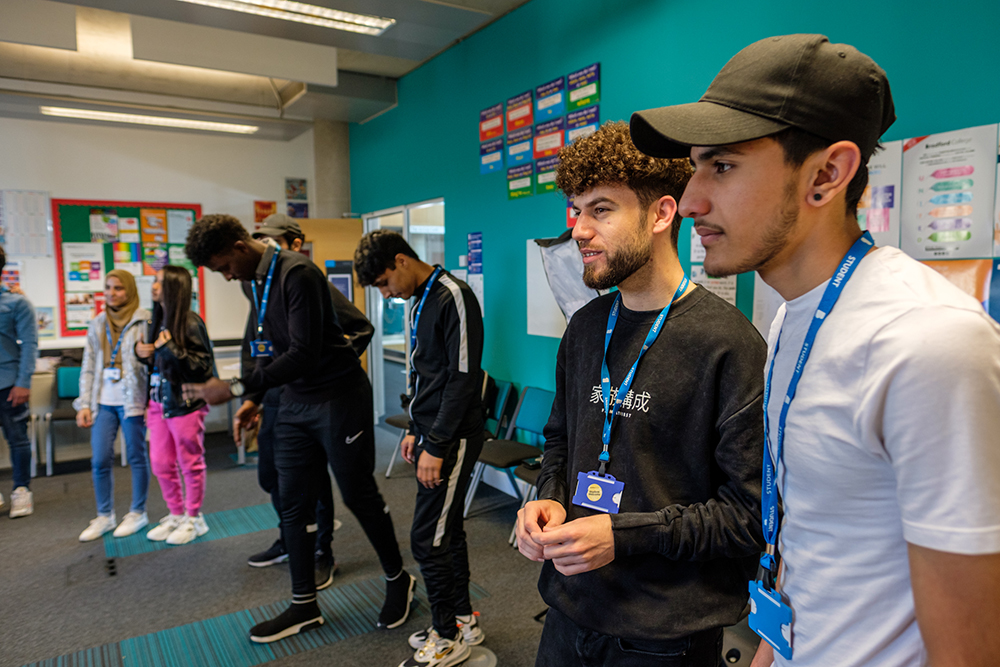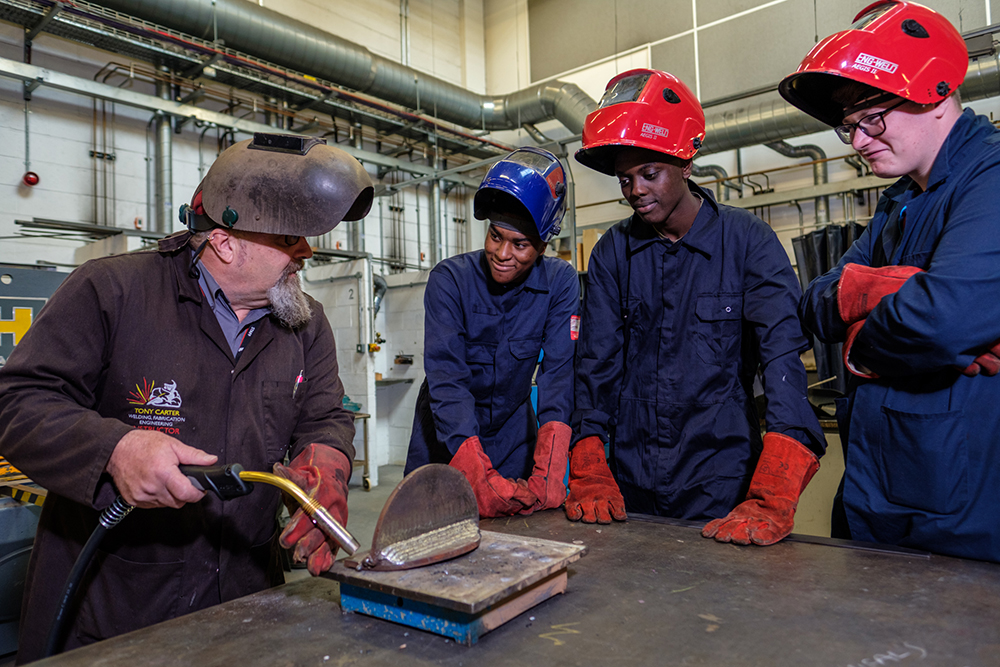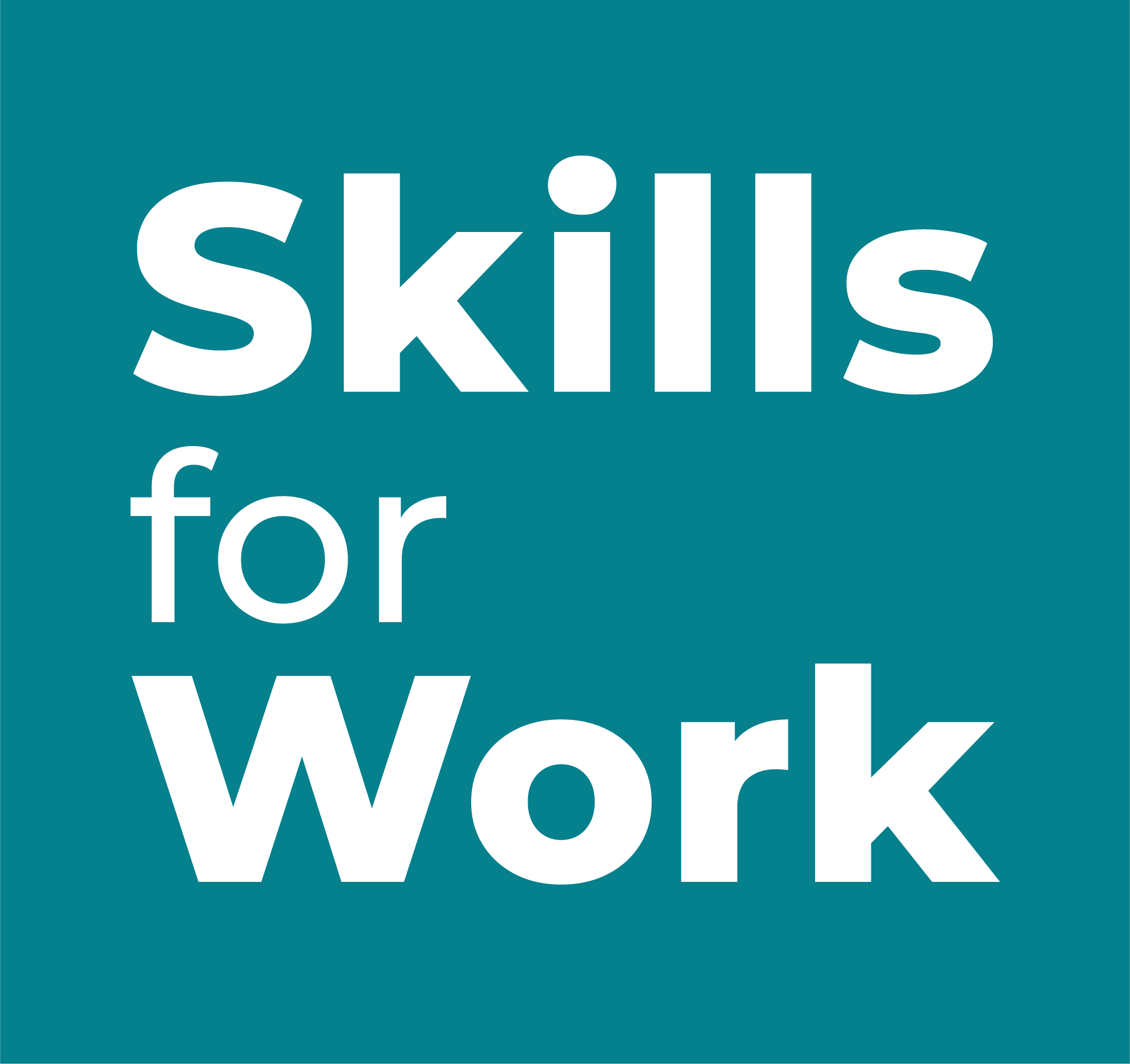
Choices at 16. What next?
Once you have completed your GCSEs, there are a number of options open to you, some of which depend upon your results. One of the main changes you will find is that whilst you still have to undertake some form of education, this no longer needs to be at school (though you might prefer to stay into 6th form). You could go to a further education (FE) or 6th form college to study A levels, T-Levels or other qualifications, or you could get an apprenticeship.
For more details on these options, see below. Remember, if you need any help deciding your next steps, get in touch for advice and guidance.

A Levels
A levels are two-year qualifications which give you the chance to study a subject in greater detail than at GCSE (though you don't always need to have studied a subject before).
Because they are more difficult than GCSEs, and expect more independent study, it will be expected that you will have passed at least 5 GCSEs at grade 9-4. You will probably have to reach a certain grade in the subject you wish to continue with.
There are lots of different places in the District where you can study A levels. If your current school has a 6th form, you might want to stay where you are comfortable and everything is familiar. If your school doesn't have a 6th form, or you want a change, you might consider one of the FE or 6th form colleges in the area:
A levels are required for many university courses, so it's important to choose the right ones. Have a look at the Career Options pages to check what subjects might be needed for different careers.
For more information on how to choose, see A Levels

T Levels
T Levels are a 2-year qualification that you can do as an alternative to A levels, other post-16 courses or an apprenticeship.
They bring classroom learning and an extended industry placement together on a course designed with businesses and employers, and are worth the same number of UCAS points as 3 A levels and accepted by universities. They include a 45-day industry placement to help you learn what a real career is like.
There are currently 10 subjects to choose from, with more available soon. Eventually there will be something for everyone - from agriculture to catering and engineering to finance.
If you are interested in doing T-levels, but aren't quite ready (you may not have the required level at English or maths), both Bradford College and Shipley College are offering pre-T-level courses. Keighley College are offering full T-levels. See here for more info:
- Bradford College Fast-Track to T-Levels
- Shipley College Transition to T-levels
- Keighley College T-Levels
For more information, visit T Levels

Apprenticeships
An apprenticeship is a real job where you learn, gain experience and get paid. By the end of an apprenticeship, you'll have the right skills and knowledge needed for your chosen career.
As an apprentice you’ll:
- learn and train for a specific job
- get paid and receive holiday leave
- get hands-on experience in a real job
- study for at least 20% of your working hours - usually at a college, university or with a training provider
- complete assessments during and at the end of your apprenticeship
- be on a career path with lots of future potential
Depending on the level, some apprenticeships may:
- require previous qualifications such as an English or maths GCSE
- give extra training in the English or maths skills needed so you’re at the right level
If you are not quite ready for an Apprenticeship, you may want to consider a Traineeship - see here for more details.
There are lots of Apprenticeship providers in the District. Although this list is not exhaustive, some good places to start looking are:
For more information and to search for available vacancies, go to Apprenticeships

Special Educational Needs
If you have Special Educational Needs (SEND), there is lots of help available for you. Information is available on the dedicated page, which you can find by following the link below.


